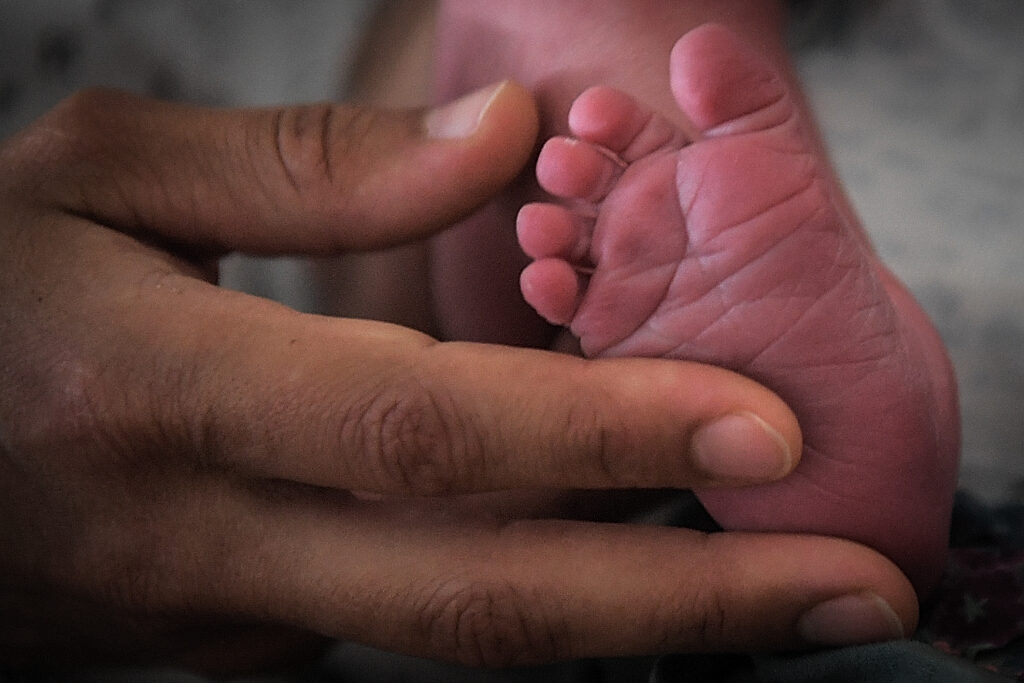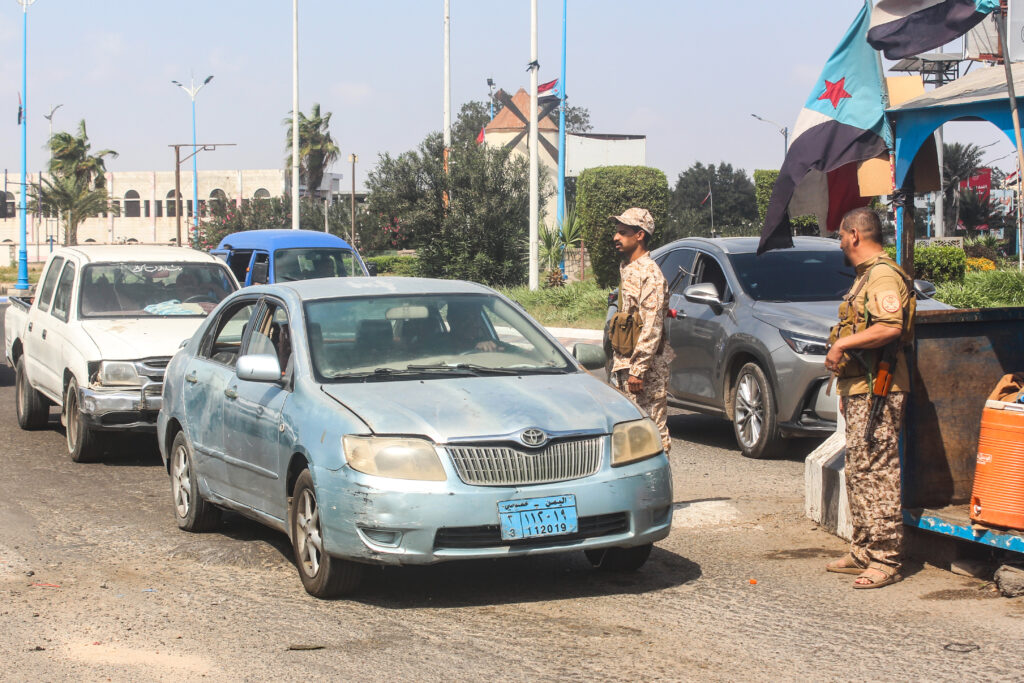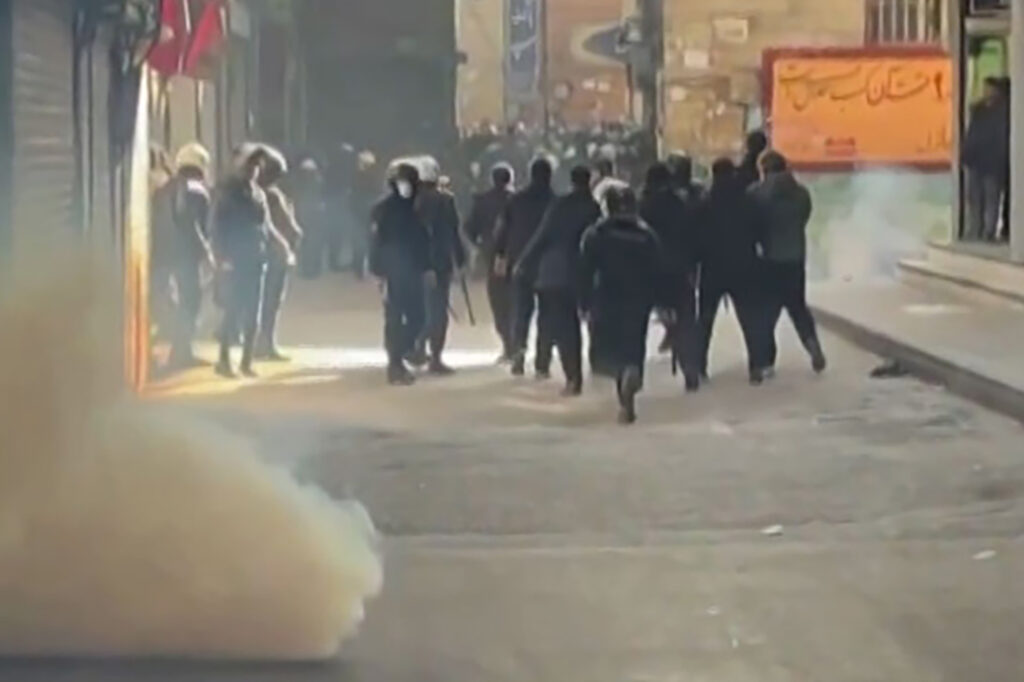Tempête Goretti: vents violents attendus sur le nord-ouest, la Manche en vigilance rouge
Le nord-ouest de la France, à peine remis d’un épisode neigeux, se prépare jeudi à affronter la tempête Goretti avec des rafales de vent qui pourront atteindre 160 km/h dans la Manche, département en vigilance rouge où les écoles seront fermées vendredi.La dernière vigilance rouge pour le vent en France remonte à la tempête Ciaran en novembre 2023, a indiqué à l’AFP Météo-France.Ciaran avait alors balayé le pays avec des rafales à près de 200 km/h, privant plus d’un million de foyers d’électricité et couchant au sol des pans entiers de forêt. “On s’attend à un événement comparable à Ciaran”, à la différence notable que la tempête de 2023 s’accompagnait de “vents constants” à plus de 150 km/h alors que Goretti ne devrait atteindre cette vitesse qu’en rafales, a souligné lors d’un point presse le préfet de la Manche, Marc Chappuis.Dans le département normand, Météo-France prévoit des rafales jusqu’à 150 à 160 km/h sur la côte et 130 à 140 km/h dans l’intérieur des terres.Selon M. Chappuis, le pire de la tempête est attendu sur la Manche entre 22H00 et 04H00 et 800 pompiers sont mobilisés pour y faire face, avec 150 autres venus en renforts d’autres départements.Par mesure de précaution, la préfecture appelle la population à limiter toutes les sorties après 18H00 et a annoncé la fermeture des écoles, collèges et lycées toute la journée de vendredi.Tous les véhicules de plus de 7,5 tonnes ont également interdiction de circuler sur les routes du département, avec une dérogation pour la collecte du lait.”Mettez-vous à l’abri et n’utilisez pas votre véhicule”, insiste sur son compte X la préfecture, qui incite aussi la population à prévoir des moyens d’éclairage de secours et une réserve d’eau potable. Un “kit d’urgence” est indispensable, ont martelé les pompiers.Outre la Manche, près d’une trentaine de départements, de la Charente-Maritime à l’Ile-de-France, sont placés en vigilance orange par Météo-France.Le gestionnaire du réseau Enedis a mis en place des mesures préventives dès mercredi avec l’envoi de renforts et la préparation de “kits Fire” (Force d’intervention rapide électricité), qui contient des câbles, des isolateurs, et d’autres équipements. Le dispositif n’avait plus été activé depuis la tempête Ciaran.- D’autres départements en rouge ? -La préfecture maritime de la Manche et la mer du Nord a demandé aux usagers de ne pas prendre la mer pendant le passage de la tempête “afin d’assurer la sécurité de tous”, alors que des vagues de plus de 10 mètres sont attendues.La compagnie Brittany Ferries a décidé d’annuler une de ses traversées (Cherbourg-Pool) “pour des raisons de confort” des passagers. Deux liaisons entre Caen et Portsmouth ont été décalées pour éviter le pic de vents mais deux autres sont maintenues avec Saint-Malo.”Il s’agit principalement de fret à cette période de l’année” et “ça ne pose pas de problème de navigation” pour de tels bateaux, selon Brittany Ferries.”C’est des choses qu’on a déjà eues à Cherbourg”, a assuré à l’AFP le maire de la ville, Benoît Arrivé, qui était jeudi matin “dans une phase de préparation classique de tempête”.”On prévient les acteurs portuaires, les plaisanciers, les professionnels du port de prendre les mesures adéquates et puis, comme d’habitude, on fait fermer les parcs et jardins, on renforce les équipes d’astreinte notamment les élagueurs”, détaille-t-il.De violentes rafales sont également attendues sur le Calvados et la Seine-Maritime et “une aggravation du niveau de vigilance sur ces départements est possible sur les prochaines actualisations”, selon Météo-France. La circulation des trains sera suspendue dans l’ensemble de la Normandie à partir de 22H00 et sera aussi perturbée en Bretagne ainsi que dans la région Hauts-de-France.En région parisienne, “les rafales attendues sont de l’ordre de 90 à 100 km/h”, selon Météo-France.Six départements, dont le Calvados, la Seine-Maritime et la Somme, seront en outre en vigilance orange vagues-submersion vendredi matin.Avant de frapper les côtes françaises, Goretti va traverser jeudi le Royaume-Uni, où les services météorologiques ont émis des alertes au vent en fin d’après-midi, avec des rafales pouvant atteindre localement 145 km/h, et jusqu’à 30 cm de neige à certains endroits.









